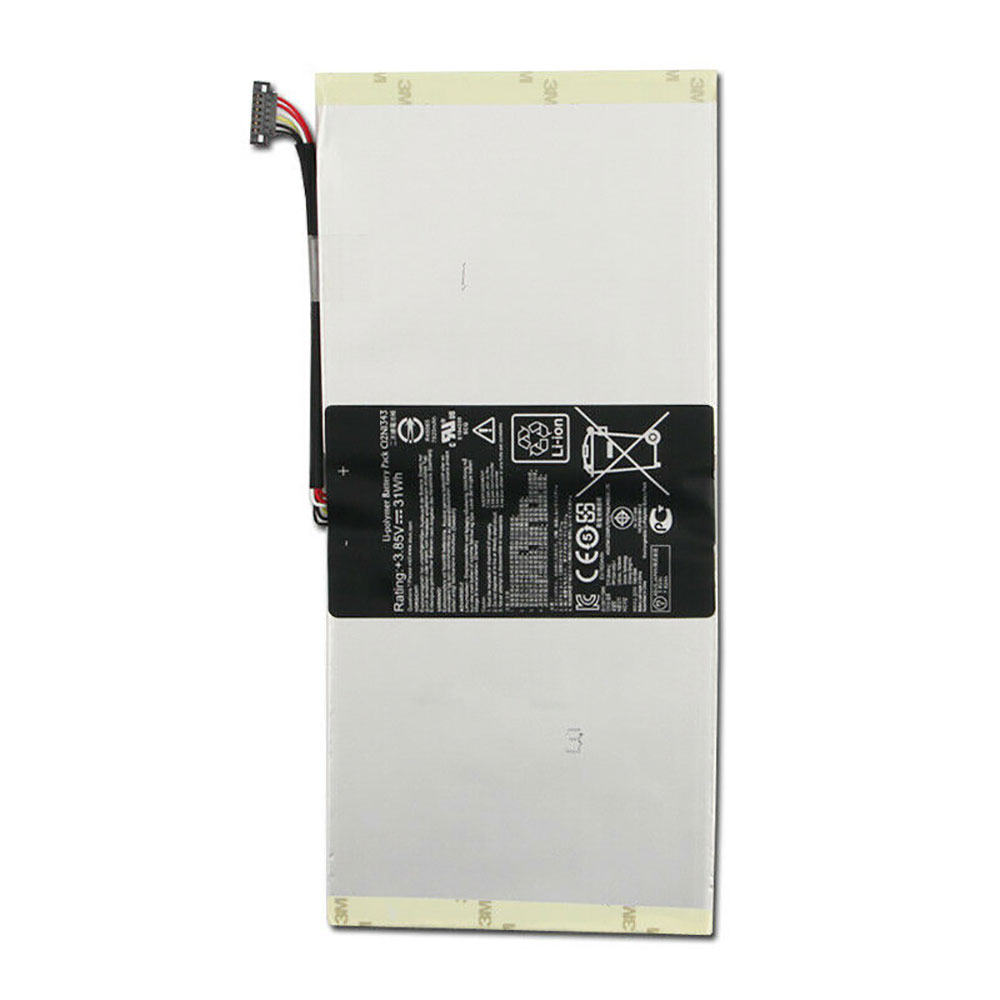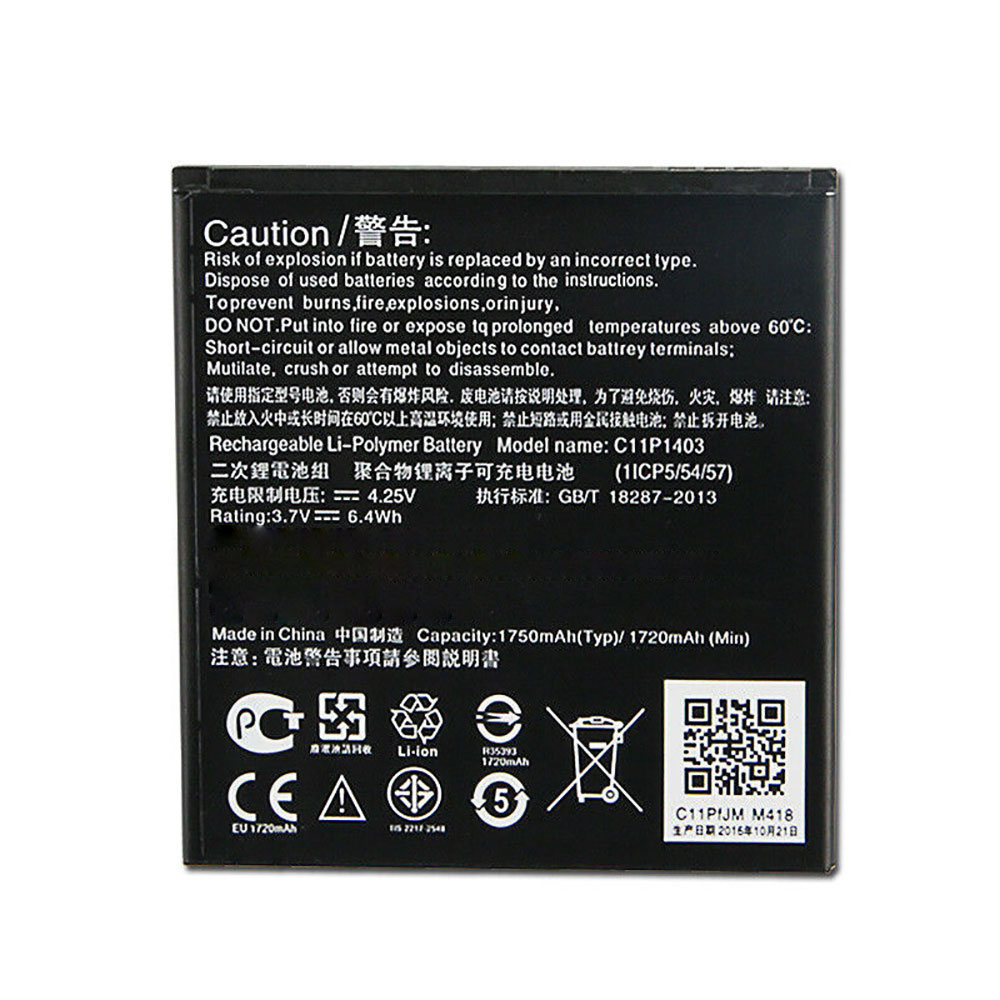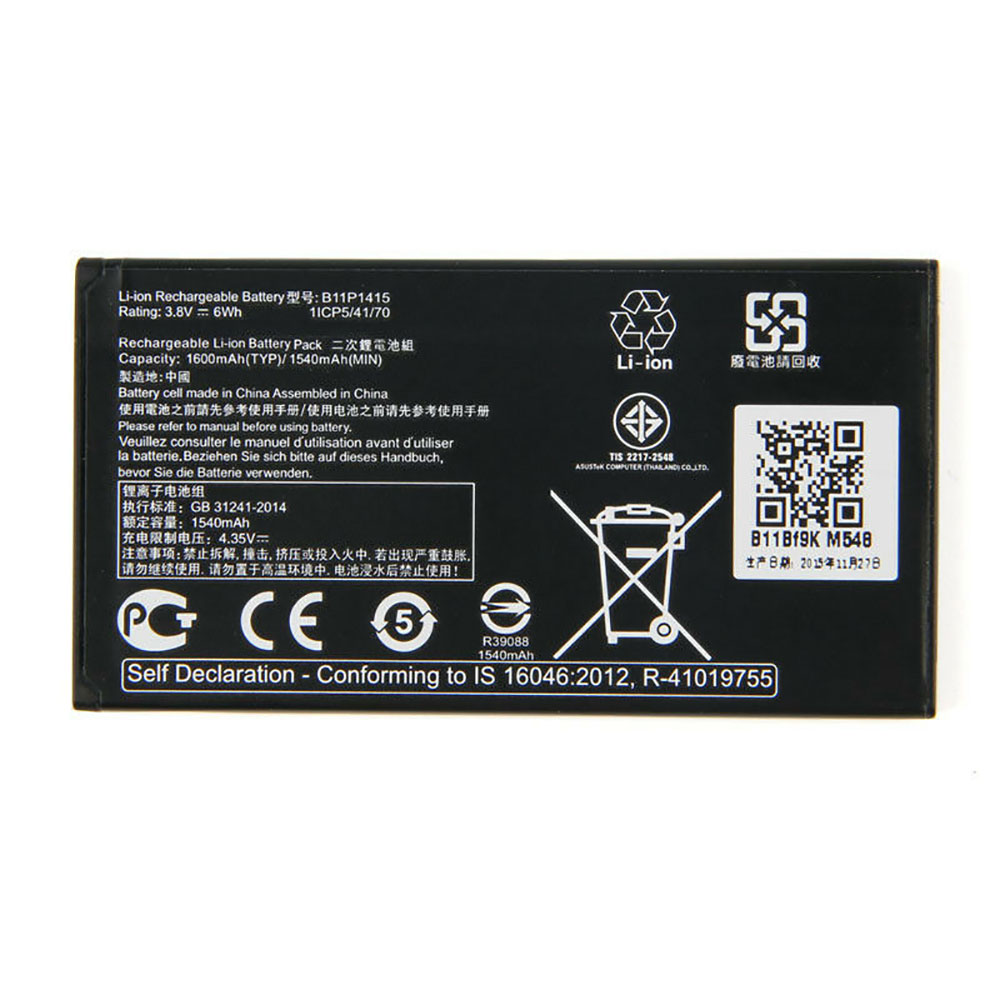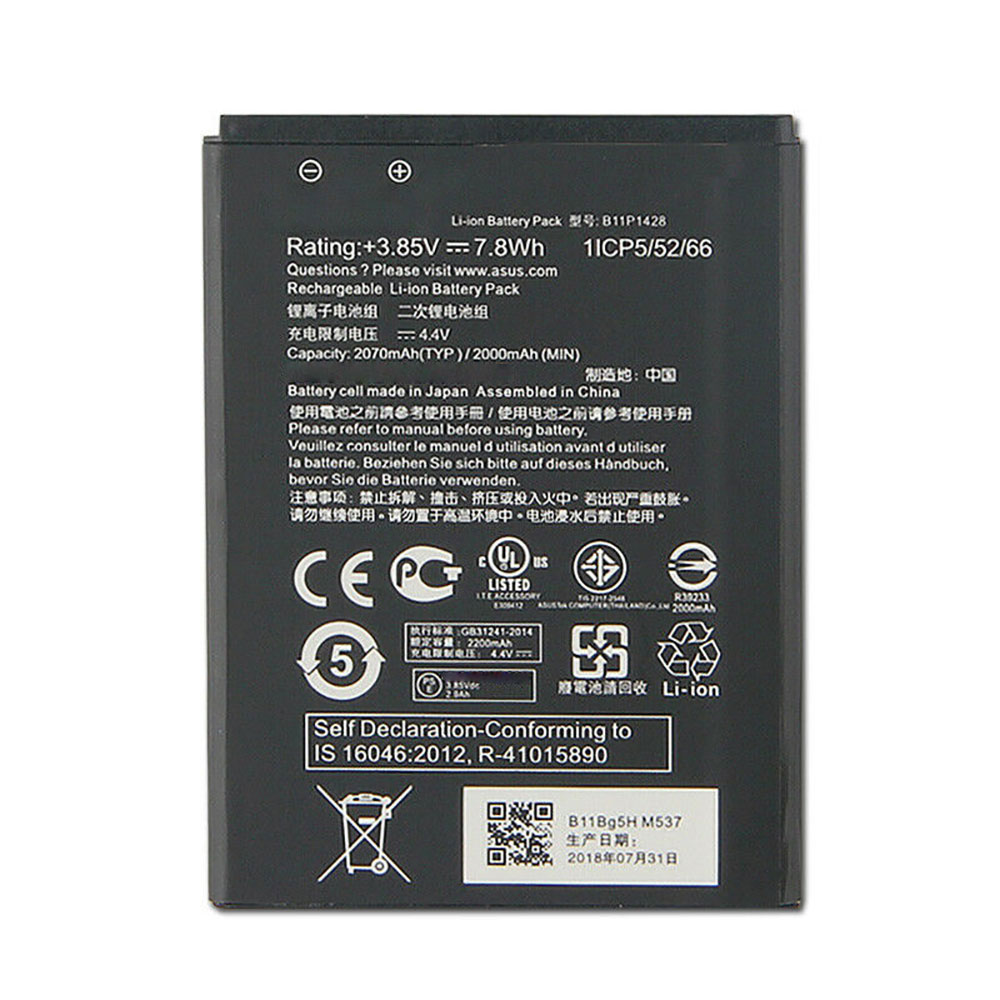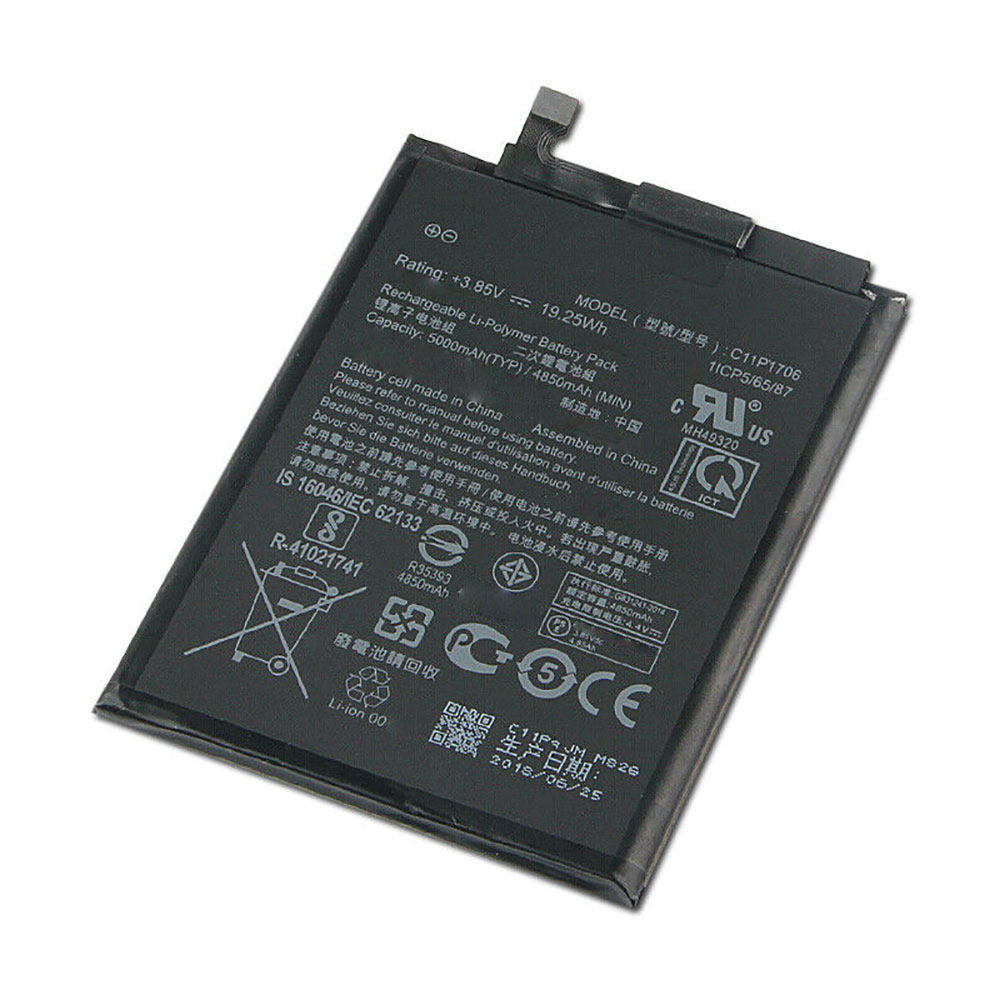The previous iteration of HP’s premium convertibles did nearly everything right. They had an eye-catching design, a wide range of components, solid build, you name it. But sadly, those highlights were often drowned out by a clunky touchpad experience that left people feeling frustrated. But now, HP has returned to fix the Spectre’s lingering issues and then some, and the result is simply one of the best all-around 13-inch laptops you can get right now.
On the outside, aside from a new Poseidon blue paint job (along with the existing black and silver model seen here), the new Spectre x360 13 looks quite similar to the outgoing version. However, a closer examination reveals that HP has reduced the x360’s top and bottom bezels by more than 50 percent. Not only does this get rid of the massive chin found on the previous Spectre x360 13 and allow for a superb screen-to-body ratio of just over 90 percent, it also meant HP could reduce the size of the Spectre’s chassis, resulting in a body that’s almost an inch shorter from front to back (0.9 inches or 23mm shorter to be exact).
That might not sound like much, but when you combine those size reductions with a chassis that weighs just 2.88 pounds, you get a 2-in-1 that slips into almost any bag and is incredibly easy to carry around. Critically, HP didn’t mess with the Spectre’s port selection, which means you get three USB ports (with two featuring support for Thunderbolt 3), along with a headphone jack and a microSD card slot.
As someone who appreciates clever design, I love how HP installed one USB-C port on the tiny diagonal section on the back right of the laptop. It’s the perfect position for plugging the Spectre in to recharge while still keeping cables out of the way. Same goes for the power button on the back left of the machine, which is easy to reach in both laptop and tablet modes, but in such a way that you practically never press it accidentally.
Another neat touch is that because the Spectre’s body is now too thin to support a traditional full-size USB port, HP switched over to a collapsible design that help the laptop retain its Type-A connection without ruining its slim, tapered edges. Getting at least three USB ports is key (though one more would be really ideal) because with one USB port often reserved for charging, having two other USB ports free means it’s still possible to leave your dongle at home without really limiting expandability.
With a peak brightness of 365 nits, the Spectre’s 13.3-inch 1,920 by 1,080 touchscreen performs respectably well, though if you want a display with a bigger impact, you’ll probably want to upgrade to HP’s optional 4K OLED touchscreen. And while I don’t necessarily think it’s something that qualifies as a con, the Spectre’s 16:9 aspect ratio does seem like it’s slightly optimized more for entertainment than productivity, at least compared to laptops with taller 16:10 or 3:2 displays (like the Surface Laptop 3).
As for the Spectre’s keyboard, you get a nice bounce with a decent amount of travel, something that prevents typing from ever feeling dead or lifeless. And with new Microsoft Precision drivers, HP’s touchpad finally gets the accuracy and quick response people have been pining for on previous models. That said, because of the Spectre’s overall smaller dimensions, the new X360 13’s touchpad is slightly smaller too, giving you less space to work with overall. This isn’t a big deal as left to right as HP’s glass pad is plenty wide. Yet sometimes it feels like an extra couple millimeters would go a long way while scrolling.
I also want to call out the presence of dedicated controls for turning off the Spectre’s webcam (which does support Windows Hello face login) and microphones. For the mic, there’s a dedicated button on the keyboard for disabling the microphone, complete with an indicator light so you know it’s really muted. And on the right side of the system between the microSD card reader and the USB-C port, there’s a second toggle for disconnecting the webcam. HP probably could have combined these functions into a single button, but I’m glad it didn’t.
Meanwhile, the Spectre x360 13′ provides solid performance, with our $1,300 Core i7-1065G7 review unit offering a sweet spot between price and power. The i7 CPU gives you a bit more raw computing power than a base Spectre x360 13 with an i5 chip, while the upgrade to 32GB of Intel Optane memory and a 512GB SSD makes it so that opening bigger programs like Photoshop feels just a bit snappier.
Finally, with a time of 10 hours and 23 minutes on our video rundown test, the Spectre x360 doesn’t last quite as long on a charge as the Dell XPS 13 2-in-1 (11:30). You still get more than enough battery life to last pretty much all day. But if you upgrade to the 4K OLED screen, expect battery life to drop a bit.
With the latest Spectre x360 13, HP delivers practically everything we look for in a quality ultraportable. It’s well built while also sporting slick, distinctive styling that won’t get the Spectre x360 confused with similar systems from Apple or Dell. Battery life and performance are strong, as are the Spectre’s selection of ports, and discrete toggles for the system’s microphones and webcams are a welcome addition to help reduce paranoia about day-to-day privacy.
And with smaller bezels on a more portable body and a touchpad with more responsive drivers, HP addressed the previous model’s greatest weaknesses. This version of Spectre x360 13 is the culmination of great design and thanks to meaningful tweaks over the past couple generations, HP has really made damn fine laptop.
README
The Spectre x360’s integrated Iris Plus graphics are fine in a pinch, but pro video editors will want to step up for something with a discrete GPU
HP hits a sweet spot for ports with two USB-C ports with Thunderbolt 3 plus a collapsible port for USB 3 Type-A
HP has finally ditched Synaptics touchpad drivers for Windows Precision drivers.
If you’re using the Spectre on your lap, the system’s rear vent can sometimes get a bit toasty
The Spectre x360 13’s 16:9 display is nice for watching movies, but may feel slighty cramped for productivity.
Because of the Spectre x360’s new smaller dimensions, HP had to move its speakers from the top of the laptop to the bottom.

